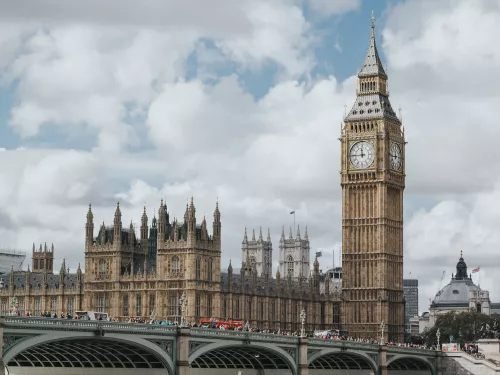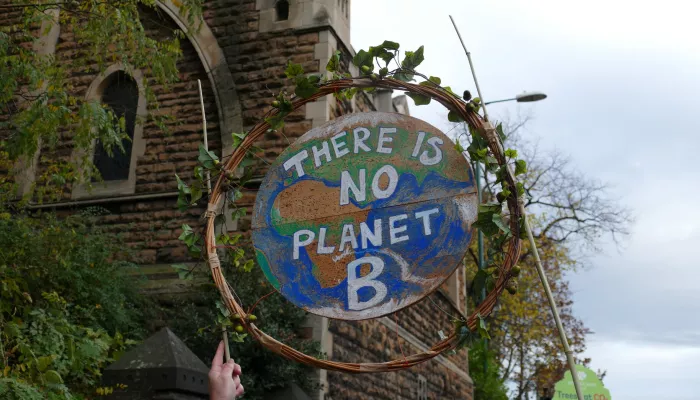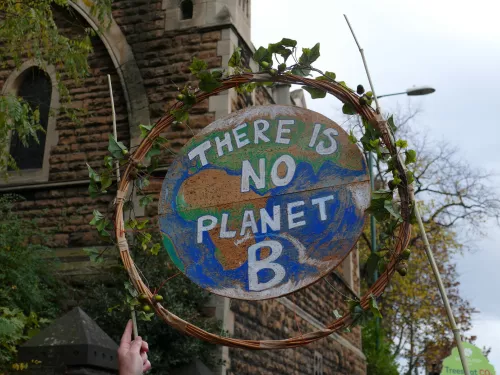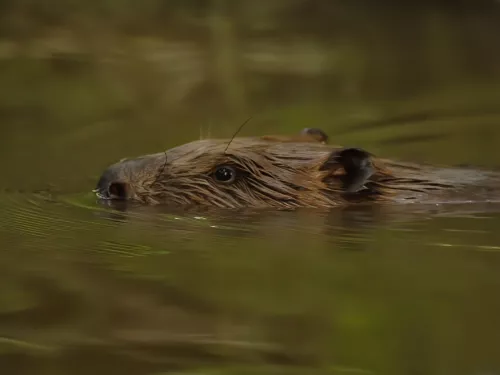The briefing addresses the following topics:
- Time is running out to avoid catastrophic warming above 1.5°C – we are still on track for at least 2.5°C of warming by the end of this century, which would result in catastrophic impacts for people and wildlife, with a much greater chance of ecosystem collapse.
- If the UK wants to be a world leader on climate and nature, it must ensure it is taking the same urgent action at home. Progress must be made by all governments in the UK on commitment to protect 30% of land and sea for nature by 2030 and the UK must strengthen, not weaken, its environmental protections. Earlier this week the Government broke the law by failing to set Environment Act targets – it is not on course to halt the decline of nature let alone restore it.
- Protecting nature and prioritising resilience is becoming even more critical in the wake of global extreme weather events in 2022. Investment in nature must be central to decisions on finance at COP27, with wealthy nations ensuring global majority countries can invest in nature to mitigate and adapt to climate impacts.
Kathryn Brown, Director of Climate Change and Evidence for The Wildlife Trusts, says: “It’s vital that the Prime Minister shows climate leadership by championing nature’s recovery at COP27. The climate and nature crises are two sides of the same coin – we must restore nature because natural habitats have a critical role to play in storing carbon and helping us adapt to the inevitable consequences of climate change. At the same time, climate change is one of the biggest threats to nature at a time when it is already in freefall globally; the latest assessment reveals we have lost 70% of our biodiversity since 1970.
“The UK must do more than simply turn up to COP27. We need assurances that the Government will rapidly increase efforts to protect at least 30% of land and sea by 2030 and strengthen environmental protections at home. Government’s failure to publish nature recovery targets this week – breaking the Environment Act – does little to reassure us they are acting to address the magnitude of the challenge we face.
“How can we expect other countries to prioritise nature in tackling climate change if we aren’t doing the same ourselves?”




